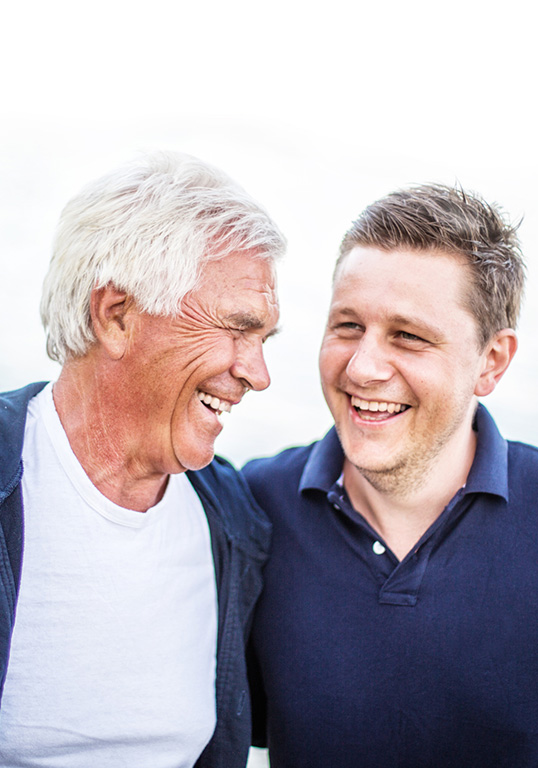
Dementia is a broad term used to describe a decline in cognitive function that is severe enough to interfere with daily life. It affects memory, thinking, language, problem-solving, and even behaviour and emotional control.
In Australia, dementia is a major public health concern, affecting over 400,000 people, with projections indicating this number will double by 2058. It is the second leading cause of death in Australia, and it disproportionately impacts the elderly, although younger people can also develop the condition.
Dementia is not a specific disease but rather a syndrome resulting from different types of brain diseases. It is progressive in most cases, meaning that the symptoms worsen over time. The onset and progression of dementia can vary from person to person, with some experiencing a slow decline and others showing rapid deterioration.
Dementia primarily affects people over the age of 65, but it is not a normal part of ageing. It can be caused by damage to the brain from various conditions, and the symptoms depend on the part of the brain affected.
There are several types of dementia, each with distinct causes and patterns of symptoms. The most common forms include:
Overview:
Alzheimer’s disease is the most common type of dementia, accounting for 60-70% of all cases in Australia. It is characterised by the accumulation of abnormal proteins (amyloid plaques and tau tangles) in the brain, which leads to the death of brain cells and the shrinkage of brain tissue.
Symptoms:
Treatment Options:
While there is no cure for Alzheimer’s, treatments focus on managing symptoms:
Overview:
Vascular dementia occurs when there is reduced blood flow to the brain, often due to a stroke or a series of small strokes. It accounts for about 15-20% of dementia cases in Australia and can occur alongside Alzheimer’s disease in a condition known as “mixed dementia”.
Symptoms:
Treatment Options:
There is no specific treatment for vascular dementia, but managing underlying cardiovascular conditions is essential:
Overview:
Lewy body dementia is caused by the build-up of abnormal protein deposits called Lewy bodies in the brain. It shares symptoms with both Alzheimer’s and Parkinson’s disease and often presents with fluctuating cognitive abilities, visual hallucinations, and motor symptoms.
Symptoms:
Treatment Options:
Management of Lewy body dementia focuses on alleviating symptoms:
Overview:
Frontotemporal dementia primarily affects the frontal and temporal lobes of the brain, which are associated with personality, behaviour, and language. It is the most common form of dementia in people under the age of 60.
Symptoms:
Treatment Options:
There are no treatments to slow the progression of FTD, but symptoms can be managed:
Overview:
Mixed dementia refers to a condition where more than one type of dementia is present, most commonly a combination of Alzheimer’s disease and vascular dementia. Symptoms can vary depending on which types of dementia are involved.
Symptoms:
Treatment Options:
Treatment focuses on managing the symptoms of the different types of dementia:
The symptoms of dementia can vary depending on the type and stage of the disease. However, common symptoms across all types of dementia include:
Diagnosing dementia involves a combination of tests and evaluations to determine the type and severity of the condition. This process may include:
While there is no cure for dementia, several treatments can help manage symptoms and improve quality of life. Treatment strategies depend on the type of dementia and the individual’s specific symptoms and needs.

While there is no cure, early diagnosis and intervention can help manage symptoms and improve quality of life for those affected.
If you or a loved one are experiencing memory problems or other cognitive symptoms, it is important to consult a healthcare professional for an evaluation and personalised treatment plan.


Fee Increase
Please note that from the 1st of December 2025, our follow up appointment fee has increased by $25. All other fees remain the same.
Rooms Closed
Our rooms are closed from the 18th of December to the 5th of January for holidays.